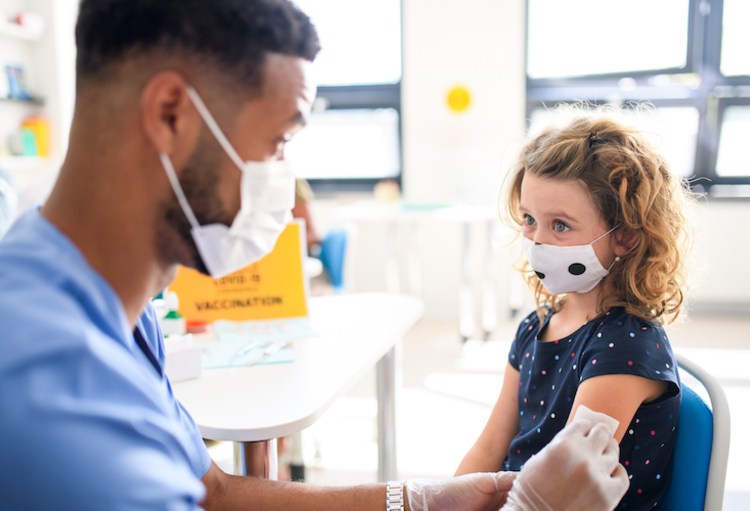The European Medicines Agency (EMA) has started evaluating an application for the use of a booster dose of Pfizer coronavirus vaccine in adolescents aged 12 to 15 years, the agency announced.
The EMA already approved the Pfizer vaccine for administering booster doses to fully vaccinated people aged 18 and over, and an evaluation for teenagers aged 16-17 is currently still ongoing.
Now, the EMA’s human medicines committee (CHMP) will also carry out an accelerated assessment of data submitted by Pfizer, including results from real-world evidence from Israel. "EMA will communicate the outcome of the assessment in due course."
Related News
- 'Booster tourism': uncertainty about boosters drives teenagers to Germany
- Teenagers 'unfairly punished': travel agencies denounce delayed booster decision
- Flanders to offer boosters to teenagers if no decision is made soon
The agency stressed that the EU Member States may issue official recommendations on the use of booster doses, and on associated travel certification requirements, taking into account emerging effectiveness data and the limited safety data.
Delayed advice for 16-17-year-olds
In the meantime, the lack of EMA advice could cause some trouble for teenagers wanting to go on a skiing holiday during the Carnival break at the end of February, as a booster dose is already required by several popular destinations.
In practice, countries such as Italy and Austria have tightened their rules and stated that a person’s last vaccine dose cannot be older than six months to gain access to bars or restaurants. However, many teenagers in Belgium were vaccinated during the summer, meaning that their certificates will no longer be valid.
Flanders has now decided to go it alone, and will start offering a booster dose to teenagers from the end of this week, provided both the teenager and their parents sign an 'informed consent' form before receiving the shot. Those living in the Brussels-Capital Region or Wallonia, however, will have to wait for official EMA advice before they can get the shot, as the regional authorities stressed they would wait for more scientific data.

